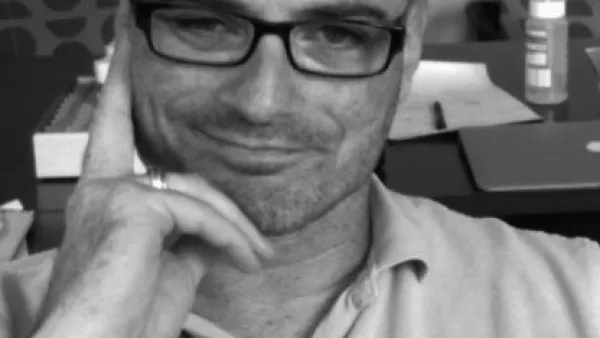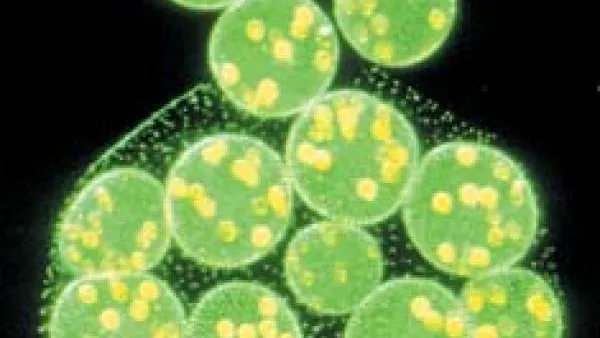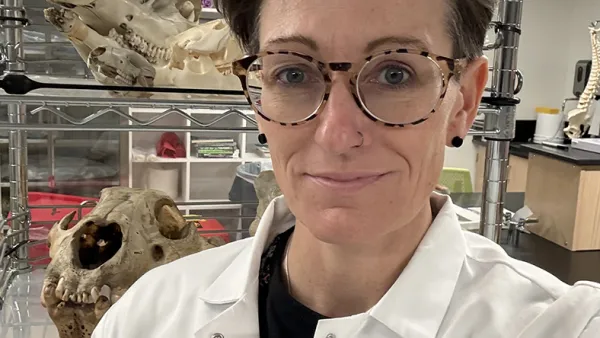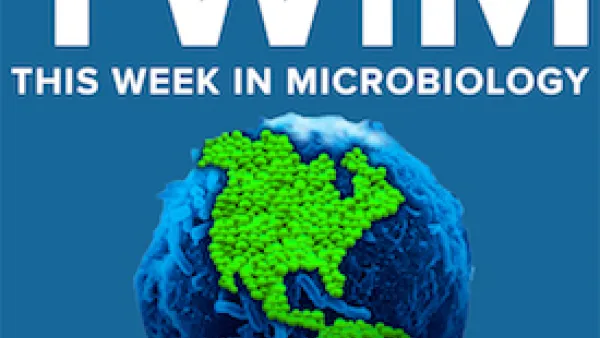Q&A with undergraduate researcher Gaby Smith

Gaby Smith, a biochemistry track major in the School of Arts & Sciences at Washington University in St. Louis, talks about her work in the Lavine Lab and the importance of participating in, and presenting, undergraduate research. She will present her poster at the Spring 2022 Undergraduate Research Symposium.
Was there an experience early in life that got you interested in the field you're studying now?
I've always known I was interested in medicine. When I came to WashU, I immediately started hearing about the research opportunities on both the Danforth and medical campus, and I decided I wanted to get involved in research. I am interested in pediatric health, and I also have an interest in cardiology, which stems from my family history of cardiovascular health.
As someone with an interest in biochemistry and the molecular basis for disease, I thought joining a lab would be a rewarding and engaging experience for me to apply and expand what I had learned in my coursework. My hope is to push the field of medicine forward through research and ultimately identify ways to improve patient care.

How has hands-on independent research experience here impacted the path that you're on now?
My experience in the Lavine Lab has solidified that research is going to be a central component of my career as an academic physician. As I've been increasingly exposed to the medical field, I've learned about the various paths that physicians can take. My time in the lab reaffirmed my interest in a path where I will be participating in research activities for a significant portion of my time. Research has been an awesome supplement to my clinical experiences because I've been able to see the translational value of research. That's something I want to continue to participate in throughout my career as a physician and a scientist.
In particular, I'm interested in how research at the bench can be applied to develop therapeutics for patients in the clinic, and also how the experiences of patients in the clinic can drive the goals and the questions we're asking in the lab. My experience in the lab has solidified that it’s valuable to have an understanding of both.
How has having a mentor helped guide you to your current goals?
I have two mentors in the lab. My bench mentor, Dr. Andrew Koenig, is someone I work with on a day-to-day basis. He’s always willing to explain concepts, answer my questions, and support me in my projects. I also work with Dr. Kory Lavine, who has been instrumental in designing my projects, helping me understand the broader implications of the research we're doing, and teaching me about the research process from beginning to end. I also love the intellectually collaborative environment in the lab, and I have had the opportunity to learn from and work with many people in the lab.
The goal of the Lavine Lab is to identify new treatments that reverse the causes of heart failure and improve the heart’s ability to undergo repair. My project is specifically focused on myocardial infarction, or heart attack, and understanding the spatiotemporal dynamics of type I interferon signaling in monocyte-derived macrophages following myocardial infarction.
What's interesting to me is the open-ended nature of our research. I’m learning that research doesn't necessarily always point you in the direction you expected and that there are a lot of different potential avenues for discovery.
Why did you choose to present your research at this symposium? Do you think it's an important undergraduate experience?
I'm completing my honors thesis and giving a presentation at the symposium is a requirement. I also want more practice presenting my research to others, engaging with their questions, and finding ways to visually represent my research in a way that's digestible. It's important to make research and scientific findings accessible to people from different backgrounds, and I’m excited about honing those skills.
Participating in undergraduate research is a great opportunity to take what you're learning about in the classroom and actually apply it. Research facilitates a way for you to ask and answer complex questions rather than accepting what's already known. Sometimes you might not find the answer while you're an undergraduate here, but even just beginning to engage in that process is something that's valuable for anyone who's interested in medicine, biology, or anything in between.
What advice would you give to a first year student on navigating independent research?
I recommend that anyone who's interested in research seek out opportunities to get involved. Research is not limited to basic science. There's also clinical research, public health research, and other types of research for students with different interests. Students should not be afraid to send a cold email to a principle investigator and say something along the lines of ‘Hi, I saw your lab, and it looked really interesting. Is there any way I can get involved?’ Take that plunge and get involved. Also, don’t get discouraged if you have difficulty finding a lab or don’t find the right fit. The experience can still be valuable in leading you to a different place that is a better fit. The beauty of undergraduate research is learning about the research process and how to engage in the scientific process, and WashU is a great place to do so.
To learn more about how to get started with undergraduate research in the biology department, check out the Bio 200/500 website.




